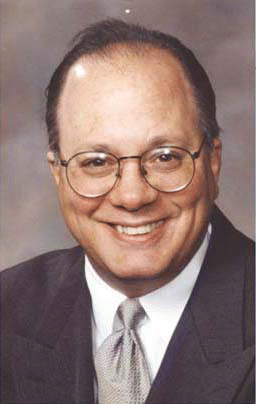Otolaryngologists agree with their fellow physicians who prescribe drugs-pharmaceutical companies have no business buying or using information on how and when they prescribe particular drugs, nor do they want to be confronted by pharmaceutical company representatives in their office about why they do or don’t prescribe that company’s products.
Explore This Issue
August 2006I feel that it is an invasion of privacy to allow pharmaceutical companies to use doctor’s prescribing information, said Stephen Wetmore, MD, MBA, Professor and Chair of Otolaryngology at West Virginia University School of Medicine in Morgantown. This information should not be sold or made available to pharmacy benefit management companies, he added.
So many physicians agree with Dr. Wetmore that the American Medical Association (AMA) has announced the launch of a new Web-based Prescription Data Restriction Program (PDRP) that will allow physicians to opt out of having their prescribing data history sold or shared with drug companies or their partner companies. If a physician chooses to opt out he or she will have his or her name specifically marked on the AMA’s Masterfile, a database that includes specific physician data. Health Information Organizations (HIOs) and pharmaceutical companies that now use the extensive database will still be able to view the individual doctor’s information but will not be permitted to use it for marketing purposes if that physician has registered with the opt-out program.
There was a lot of confusion among doctors about how this information was being used and what could be done about it. What came through clearly in the survey was that physicians overwhelmingly felt that they should have the option to keep their records private. – -Robert Musacchio
AMA Institutes Opt Out
AMA officials estimate that it will take approximately 90 days for the red flag to be put on the physician’s file information. The PDRP program officially began July 1, but was actually up and running May 1. Robert Musacchio, Senior Vice President of Business and Publishing for the AMA told ENToday that by mid-June approximately 1500 physicians had already registered for the program via the AMA’s Web site. Mr. Musacchio spearheaded efforts in the past three years to strike a balance between individual physician wishes and what the organization sees as an industry practice that promotes evidence-based health-care research and the advancement of science. We need a policy that is not so draconian that it cripples business or too lax so that we lose the respect of our members, he said.

Leave a Reply